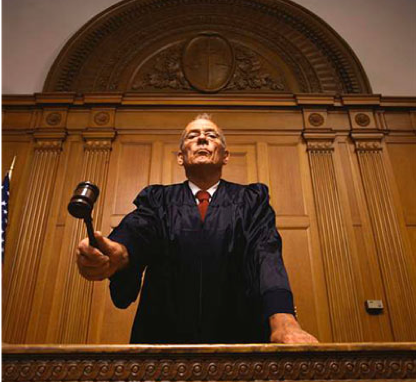“THE LEGAL CORNER”
Medicaid Estate Recovery Program MERP
The information in this column is not intended as legal advice but to provide a general understanding of the law. Any readers with a legal problem, including those whose questions are addressed here, should consult an attorney for advice on their particular circumstances.
There is no free lunch. These words ring true when it comes to Medicaid. Since 2005, the state is allowed to recover some of the Medicaid money spent on individuals by tapping patients’ estates after they die. In most cases, the most valuable asset is the home.
On March 1, 2005, Texas implemented the Medicaid Estate Recovery Program in compliance with federal Medicaid laws. The program is managed by the Texas Department of Aging and Disability Services.
Under this program, the state may file a claim against the estate of a deceased Medicaid recipient, age 55 and older, who applied for certain long-term care services on or after March 1, 2005. Claims include the cost of services, hospital care, and prescription drugs supported by Medicaid.
The Texas Health and Human Services Commission may not file a claim if one of the following conditions exist:
There is a surviving spouse.
There is a surviving child or children under 21 years of age.
There is a surviving child or children of any age who are blind or permanently and totally disabled under Social Security requirements.
There is an unmarried adult child residing continuously in the Medicaid recipient’s homestead for at least one year before the time of the Medicaid recipient’s death.
An undue hardship waiver may be filed when:
The estate property is: a family business, farm, or ranch; is the primary income-producing asset of the heirs; produces at least 50 percent of the livelihood for heirs for at least 12 months prior to the death of the Medicaid recipient; and recovery by the state would affect the property and result in heirs losing their primary source of income.
Beneficiaries of the estate will be eligible for public or medical assistance if a recovery claim is collected.
Allowing one or more heirs to receive the estate enables them to discontinue eligibility for public or medical assistance.
The Medicaid recipient received medical assistance as the result of being a crime victim.
Additionally, the Medicaid Estate Recovery Program claims will only be filed when it is cost-effective. Claims that are considered not cost-effective are those where:
The value of the estate is $10,000 or less.
The recoverable amount of Medicaid costs is $3,000 or less.
The cost of the sale of the property would be equal to or greater than the value of the property.
For more information, you can log onto the Texas Health and Human Services Commission website.
Remember, nothing from the government comes for free. There are always strings attached and before you blindly apply for Medicaid, know all the facts so that you can make an informed decision. There are a lot of myths and untruths out there about Medicaid, seek legal advice from somewhere other than the coffee bar.
If you find yourself in the age group of 50 to 70 you should start researching long-term care insurance. The younger you are when you apply the better. Why should you consider buying long-term care insurance? The most common reason is to ensure against impoverishment. However, you may just want to ensure that you do not have to use any of your life savings or assets to pay for your living expenses. Finally, you may want to leave an inheritance to your children or grandchildren. Another common belief is you can’t take it with you, so you might as well spend it all before you go. Your choice to purchase long-term care insurance can only be determined by your personal values and goals.
I hope the information provided here is helpful. If you have any questions regarding this, please consult with an attorney.
Sam A. Moak is an attorney with the Huntsville law firm of Moak & Moak, P.C. He is licensed to practice in all fields of law by the Supreme Court of Texas, is a Member of the State Bar College, and is a member of the Real Estate, Probate and Trust Law Section of the State Bar of Texas.

